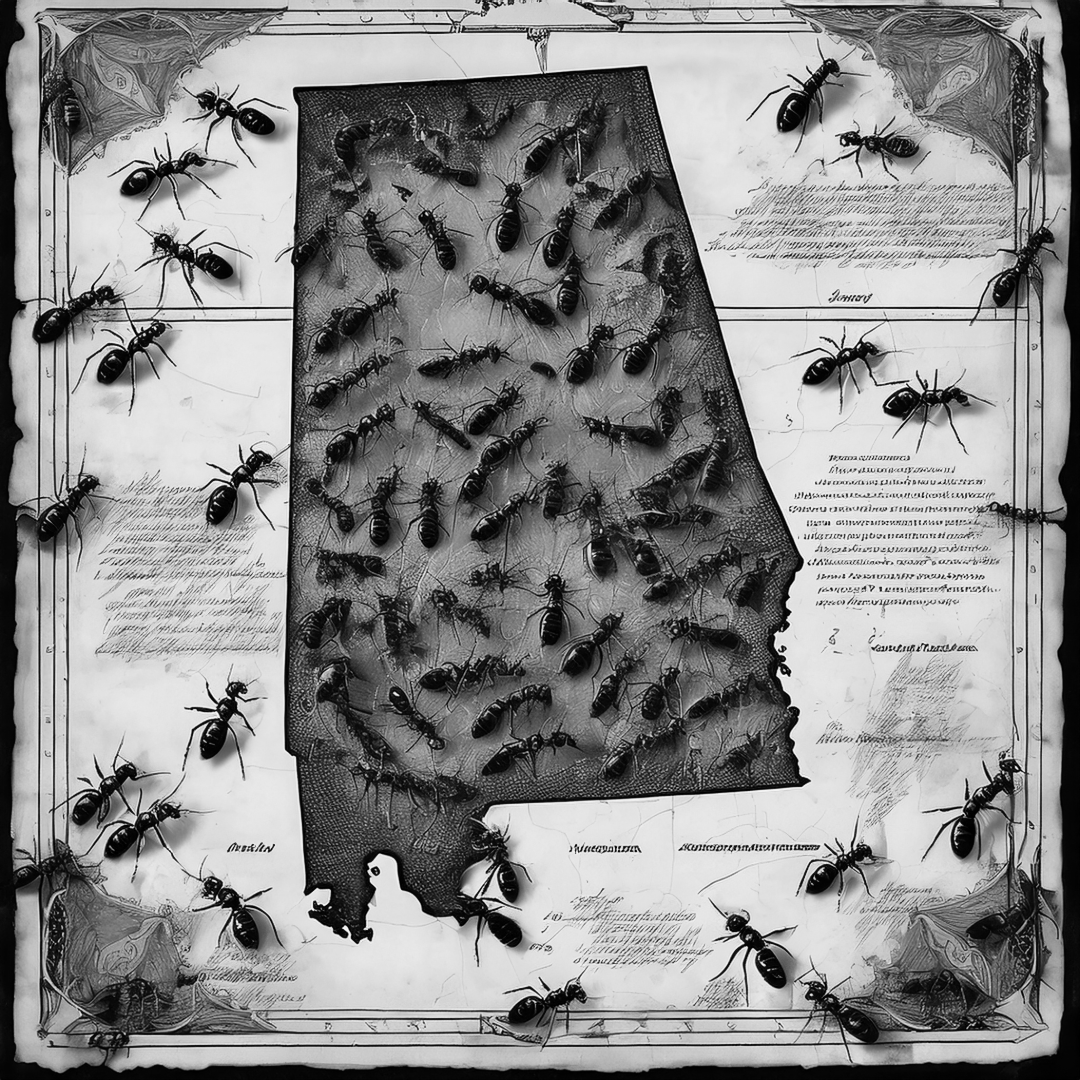BIRMINGHAM, Ala. — At first glance, the Asian needle ant seems unremarkable-small, dark, and easy to overlook as it scurries beneath logs or leaf litter. But this invasive species, first recorded in Alabama as far back as 1939, is quietly making a comeback, raising new concerns for residents and scientists alike.
Native to East Asia, the Asian needle ant (Brachyponera chinensis) arrived in the United States in the early 1930s, likely hitching a ride in imported goods. For decades, it went largely unnoticed, overshadowed by more aggressive invaders like fire ants. That changed in the early 2000s, when populations exploded across the Southeast-including right here in Alabama-prompting researchers to recognize it as a pest of medical importance.
Unlike many invasive ants that thrive only in disturbed areas, Asian needle ants are remarkably adaptable. They nest in both undisturbed forests and urban neighborhoods, taking shelter under stones, logs, and even doormats or potted plants. Their colonies can range from a few dozen to several thousand, and their presence often goes undetected until someone gets stung.
While not naturally aggressive, these ants will sting if trapped in clothing or brushed against-especially during their active season from spring through late summer. The sting can cause severe allergic reactions, including potentially life-threatening anaphylaxis, making them a growing concern for public health.
Their impact goes beyond people: Asian needle ants disrupt local ecosystems by outcompeting native ants, which play a vital role in seed dispersal and soil health. Ecologists warn that their spread could alter Alabama’s forests in subtle but significant ways.
As classic cars line up at local events this spring, residents are urged to stay alert. The Asian needle ant’s ability to blend in means it could be lurking closer than you think-beneath a picnic blanket, under a car mat, or in the leaf litter at your favorite park. Experts recommend flicking, not brushing, any ant off your skin to avoid stings, and suggest those with known allergies carry an Epipen during outdoor activities.
The story of the Asian needle ant in Alabama is a reminder that sometimes the most significant changes come from the smallest invaders-ones that have been with us longer than we realize, quietly rewriting the rules of our shared environment.

